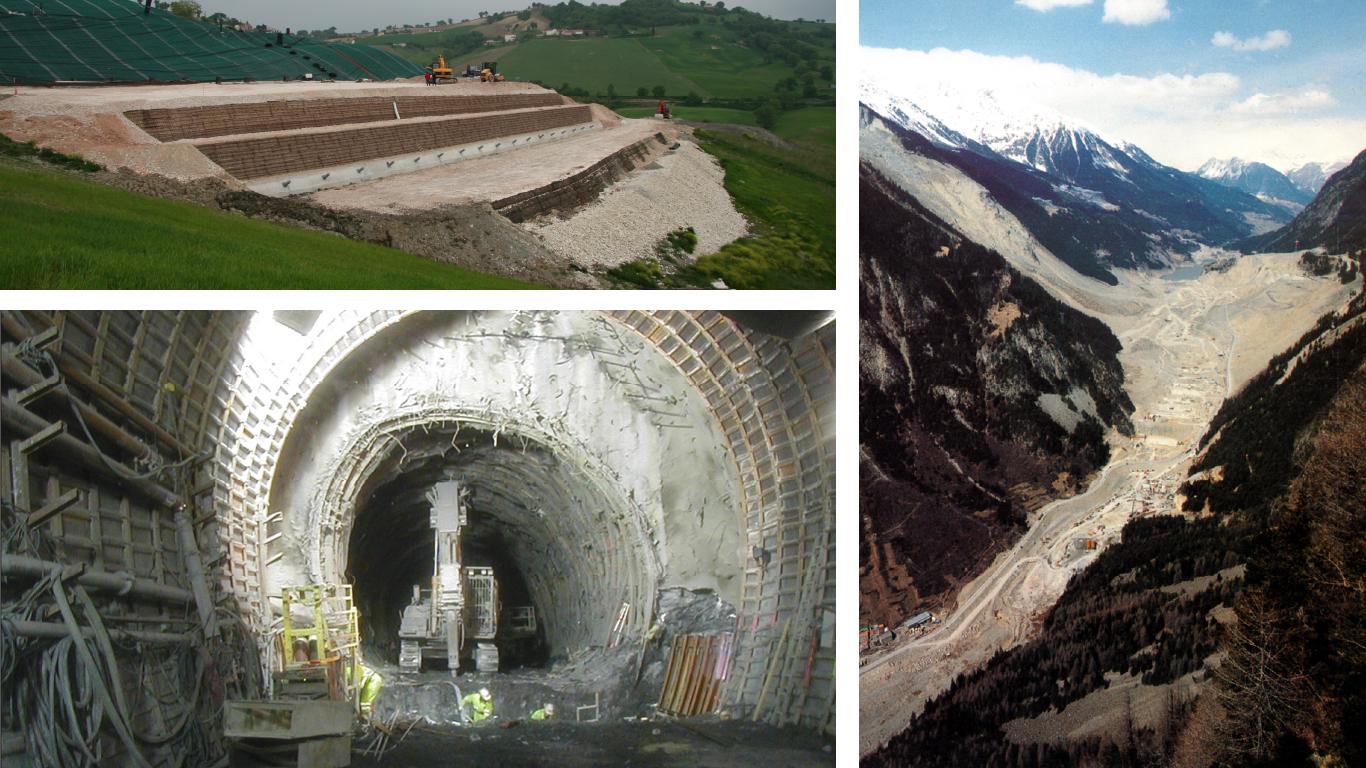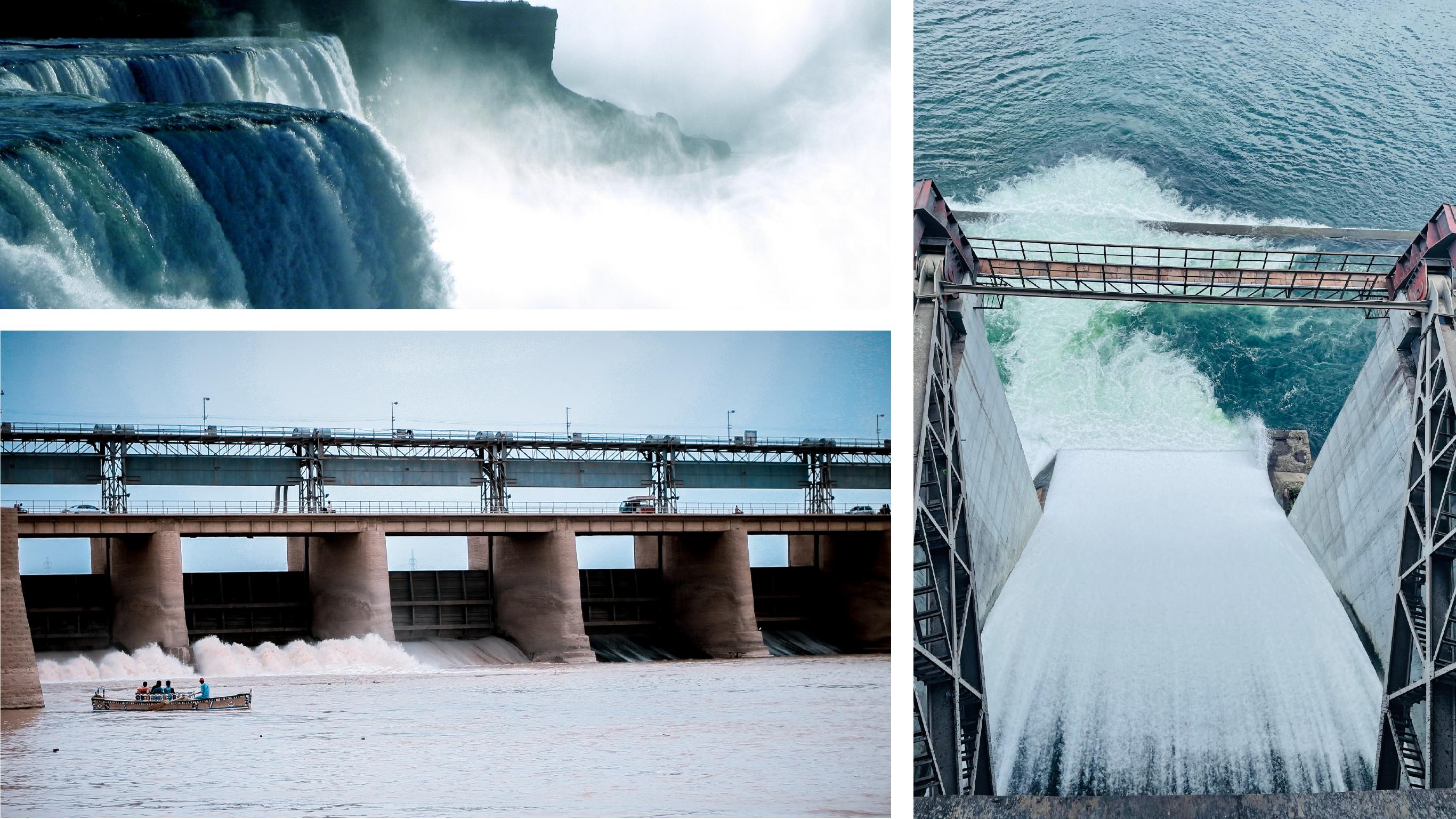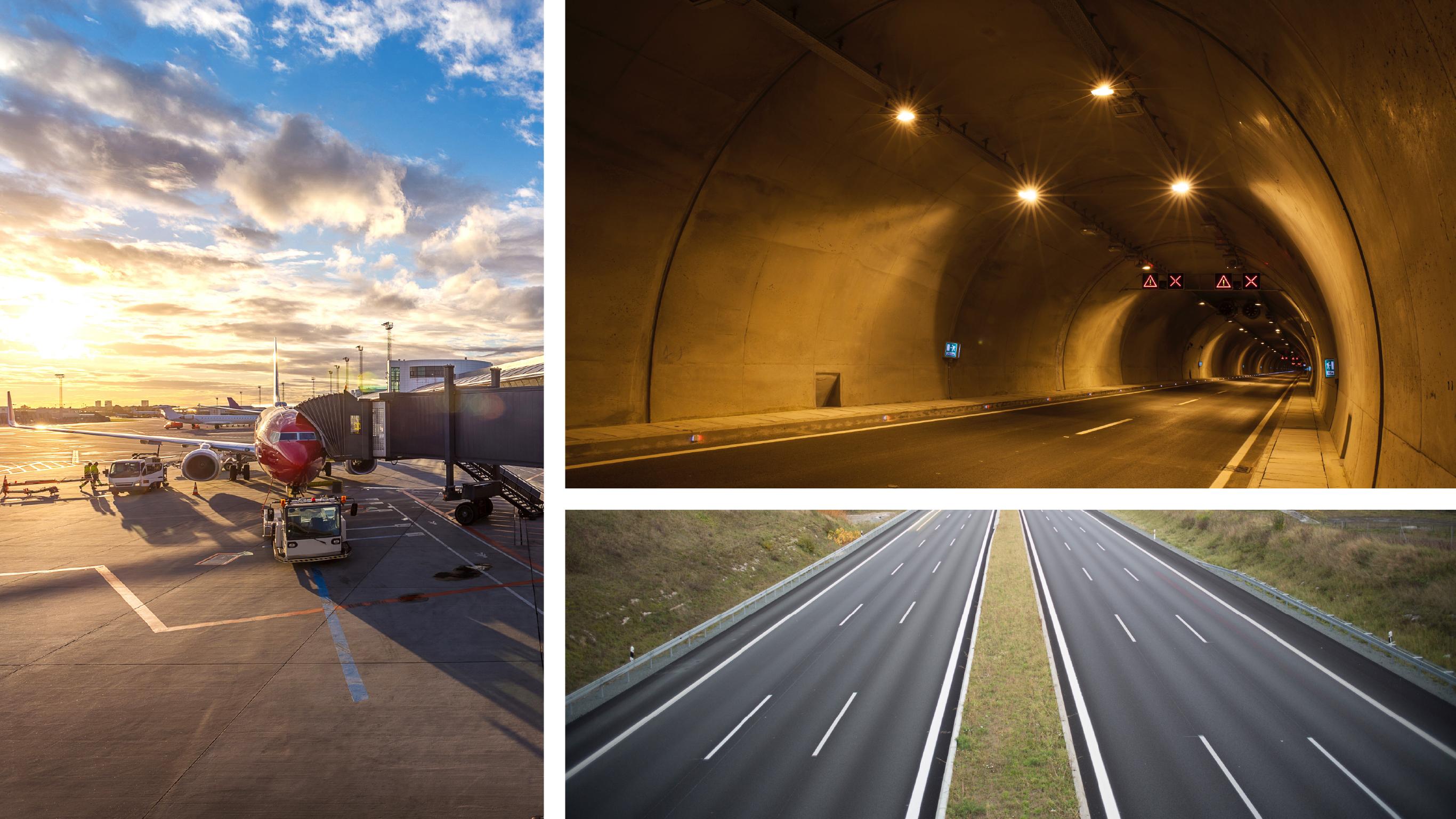To boost your training, the Master's degree programme in Civil Engineering is divided into five innovative specialist tracks:

The challenges of geotechnical engineering concern the design of structures and infrastructures in their interaction with the subsurface and land protection interventions.
Following the specialist track in Geotechnical engineering, you will explore topics that will allow these activities to be framed within the sustainable development goals recently identified by the United Nations, promoting the adaptation and mitigation of climate change, the safety and resilience of constructions and the sustainable innovation in the use of the ground.
At the end of the course you will be able to:
• Study, characterize and model the mechanical behaviour of soils and rock masses;
• Design foundations, underground constructions, walls, tunnels, embankments, constructions in loose materials, containments of subsoil contamination and measures for improving the mechanical properties of soils;
• Manage hydrogeological and seismic risks related to slope instability, excavations and earthquakes;
• Monitor the behaviour of structures and infrastructures that interact with the ground;
• Develop innovative tools and methods for investigation, characterization, computation and methods for the sustainable use of the underground (for energy purposes, CO2 storage, for waste disposal).

The specialist track in structures explores issues that will allow you to apply theoretical and applied principles of structural mechanics, including analytical, experimental and computational tools for physical-mechanical modeling of the dynamic behaviour of structures in response to a wide range of forcings. You will learn to assess the vulnerability, reliability, comfort and safety of structures and to use cutting-edge theories and techniques to design and optimize new buildings as well as to rehabilitate existing structures.

This specialist track involves the study of topics whereby water plays a significant role. For example you will learn how to design industrial hydraulic systems, hydropower plants, infrastructures for mitigation of risks associated with floods, water distribution networks and urban drainage systems. You will learn how to manage water resources, sediments in fluvial and coastal areas and complex systems made of interconnected networks by using and developing advanced modelling techniques and Geographic Information Systems (GIS). In cooperation with experts from other disciplines, you will be able to plan sustainable engineering interventions to enhance adaptation and resilience of cities and natural environments against the effects of climate change. In this sense, water engineering plays a key role in tackling the problems triggered by the growing impact of climate change and in achieving many of the UN Sustainable Development Goals.

The track specialised in infrastructures and transportation systems explores topics that will allow you to plan the design, construction, management, maintenance and control of transportation infrastructures. You will learn how to define the features of infrastructures in relation to the demand for transport, the human factor, traffic safety, environmental and economic impact. You will gain the skills that are required to analyse and identify possible issues related tothe materials used for the construction of infrastructuresand how to model the functional and structural behaviour of roads, airports and railways in relation to the vehicles, aircraftsand trains that will use them during their lifetime.You will study how to design components, systems and complementary devices of road infrastructures. You will understand how to identify the best transportation system considering aspects related to technology, economics, safety, the environmentas well as logistics and system management.